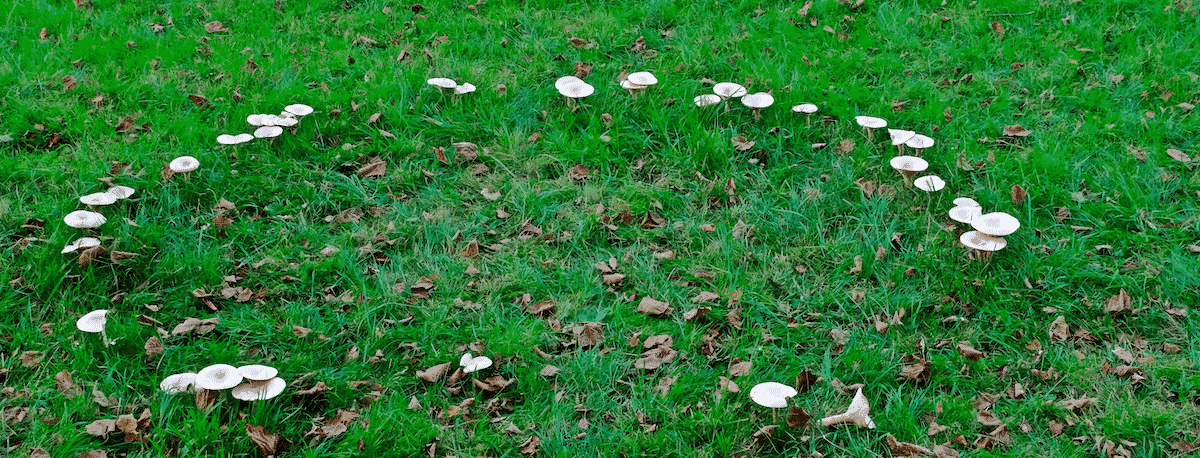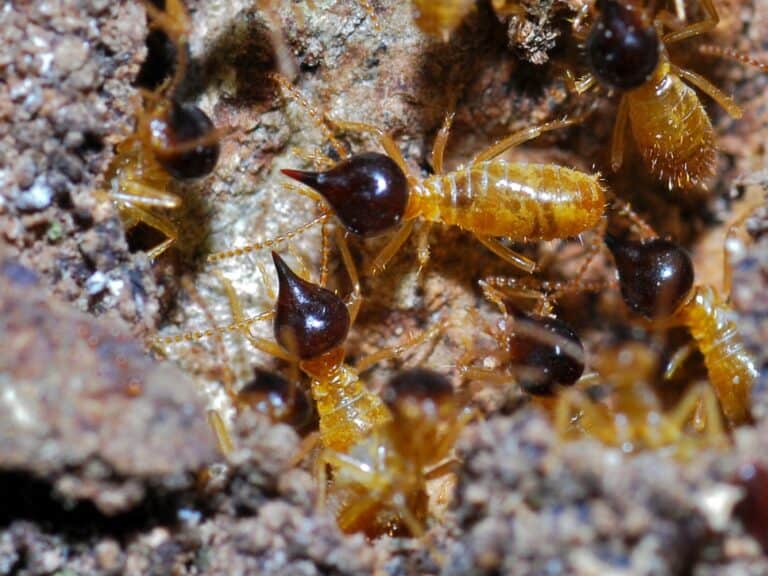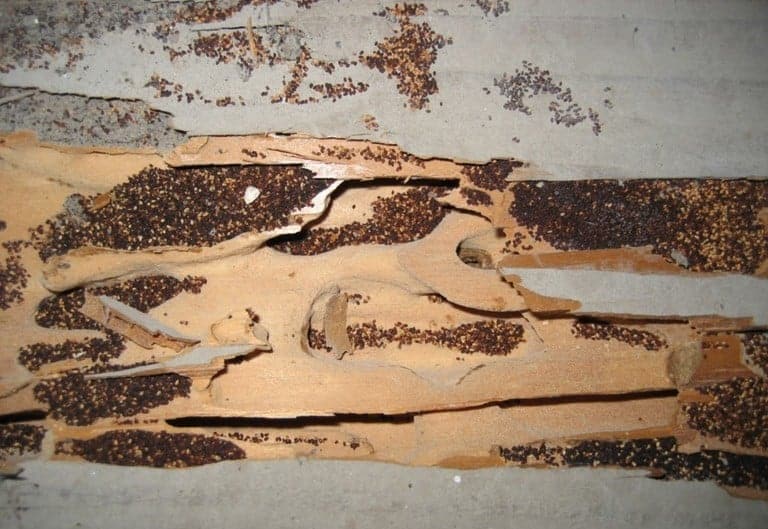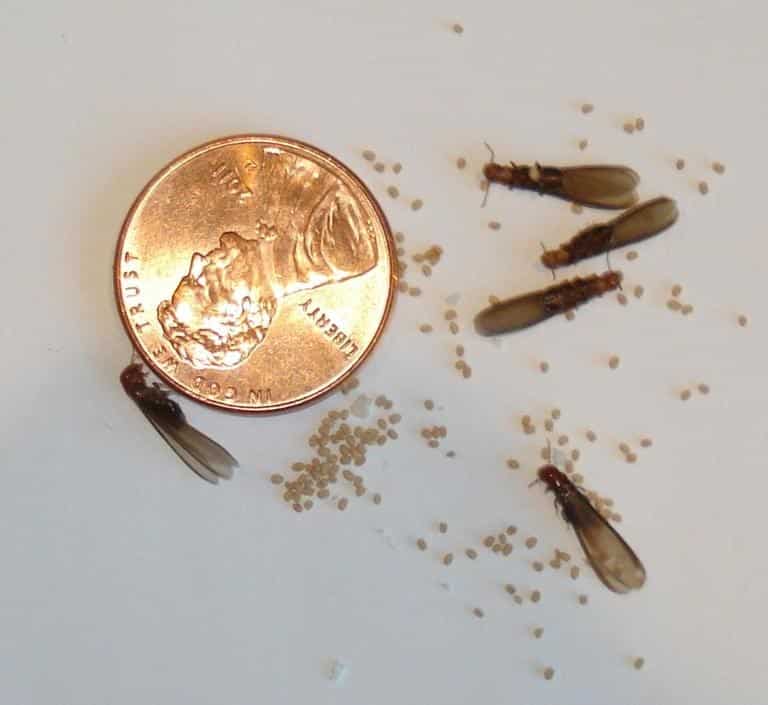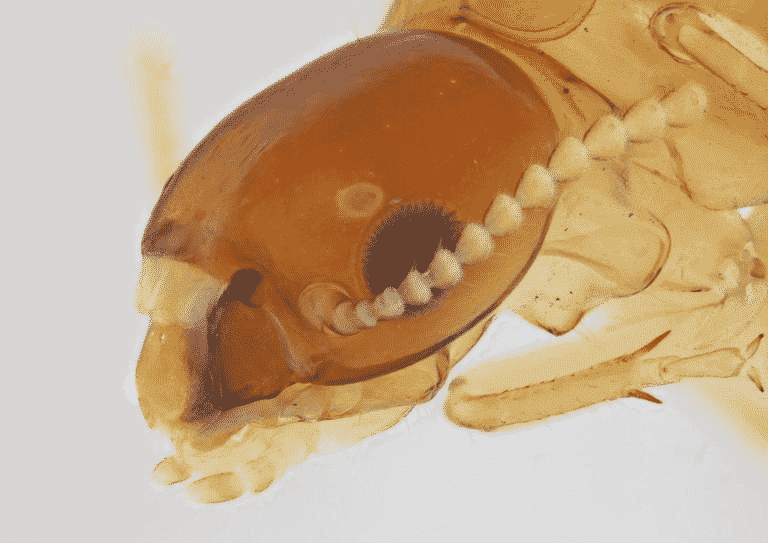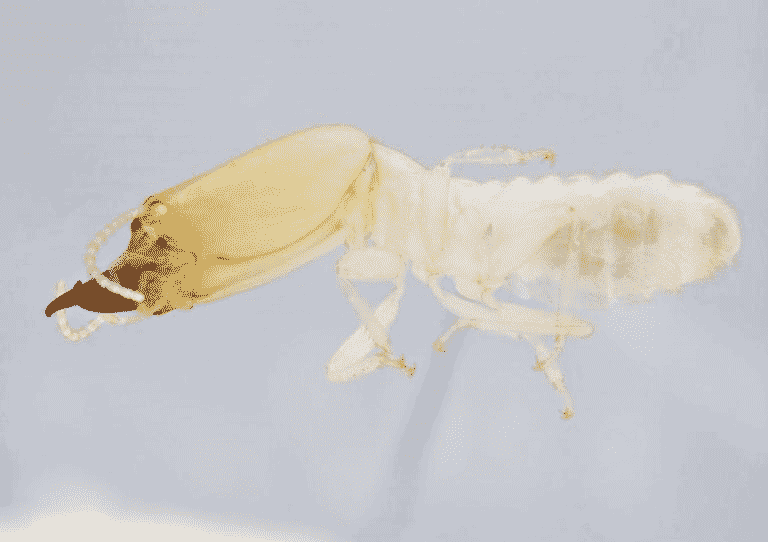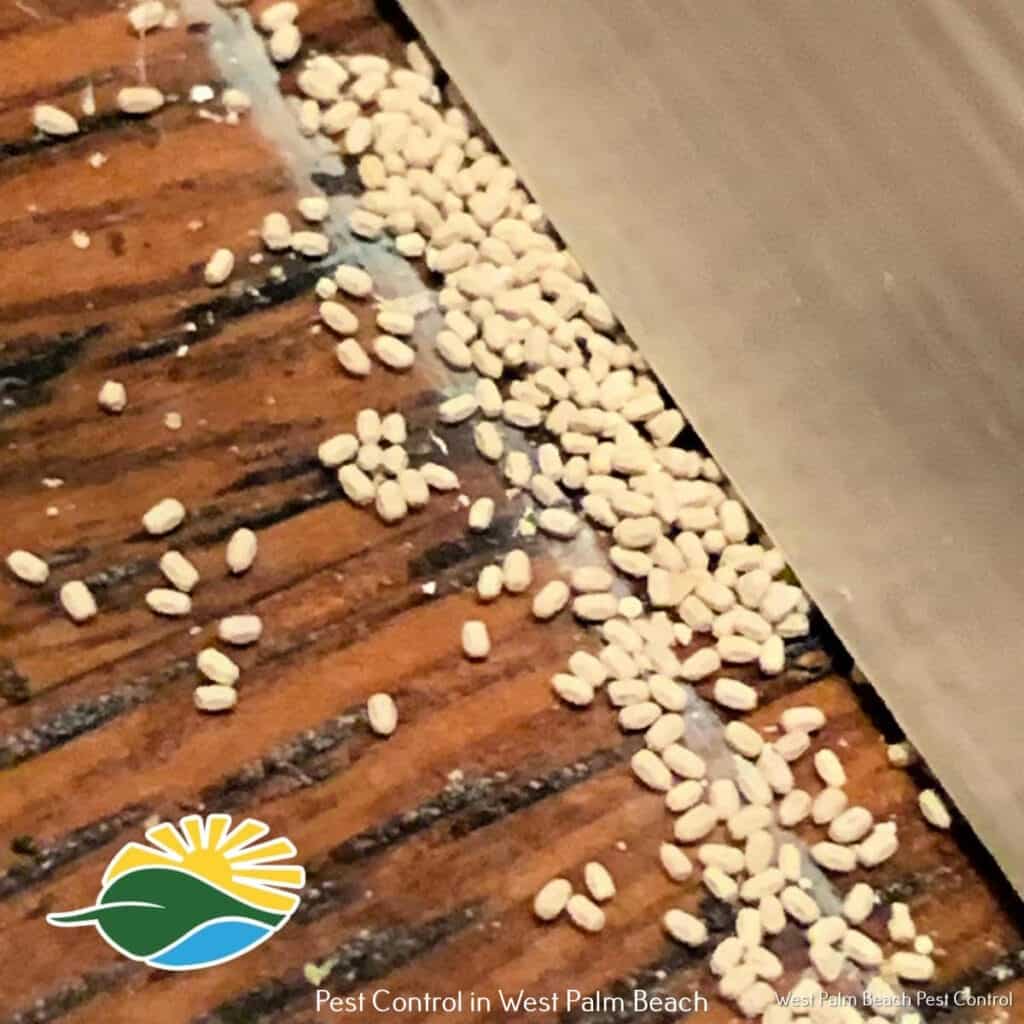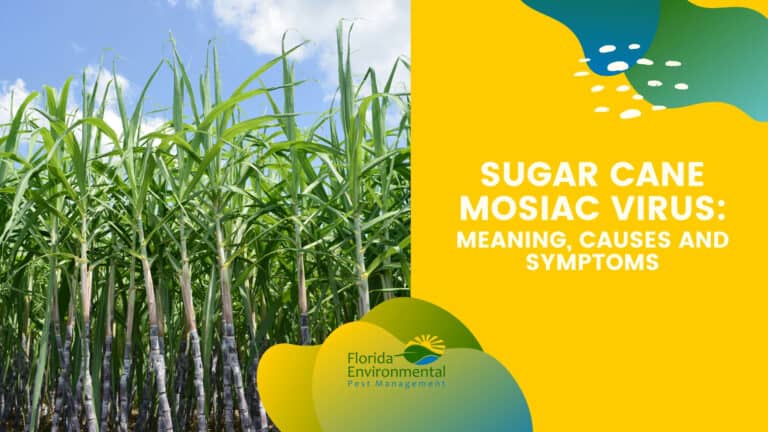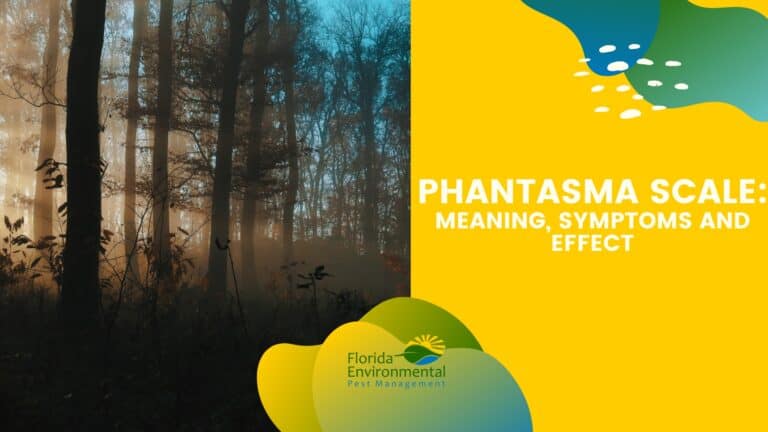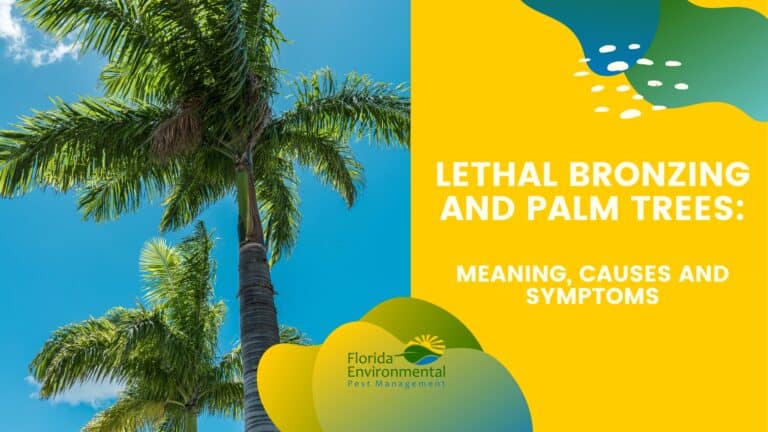There are so many lawn and ornamental insects control West Palm Beach that can attack and infest your home and property. Below are a handful to look out for:
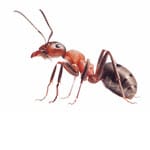
Fire Ants are a very common issue in South Florida lawns. Their stinger can deliver a very painful sting. They build dirt mounds throughout the lawn, and can be very harmful to dogs and children. Florida Environmental offers various treatments for fire ant control.
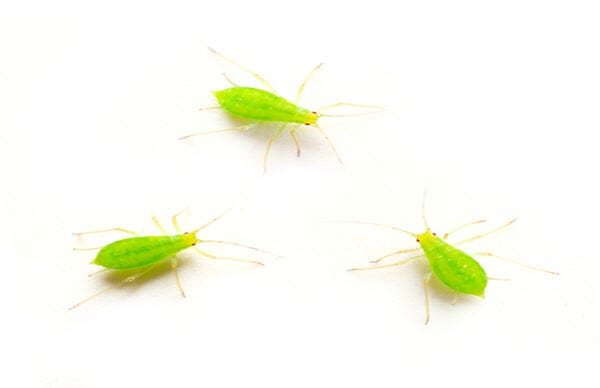
Aphids are soft bodied pear shaped insects, which vary in color. They feed on various plants and trees including pordocarpus, oleanders, crape myrtles, and many others. Aphids have piercing, sucking mouthparts that absorb nutrients from the host plant.
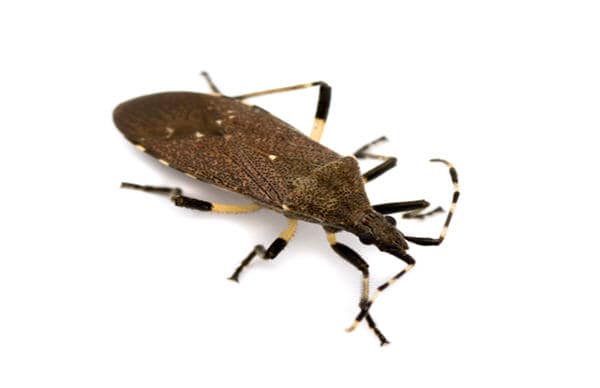
Chinch Bugs effect mainly St. Augustine grasses and they thrive during the summer months. Infested lawns have discolored (brown) patches, usually round in shape. If left untreated, the areas will eventually die off.
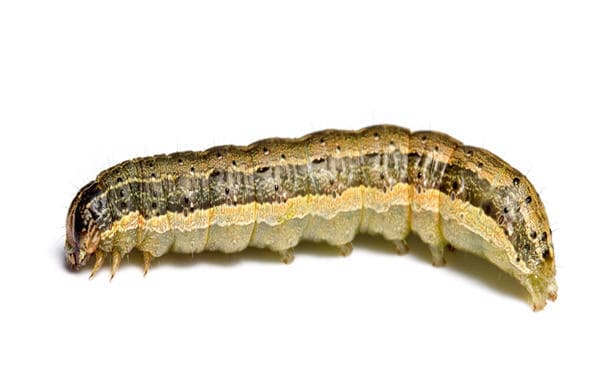
Sod Webworms & Armyworms will attack most types of turf. They use their sharp mouthparts to chew the newest growth in the turf. This will cause discoloration and patchy brown areas.
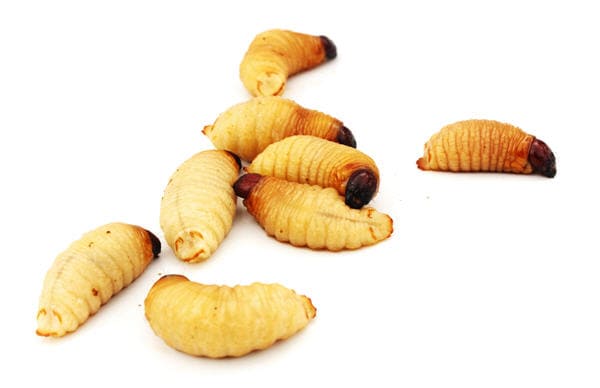
Grubs are the larvae of the June Beetle. They have a white, C shaped body with a brown- reddish head. Grubs feed on the root system of the grass, causing large amounts of damage. If left untreated, turf replacement may be necessary.
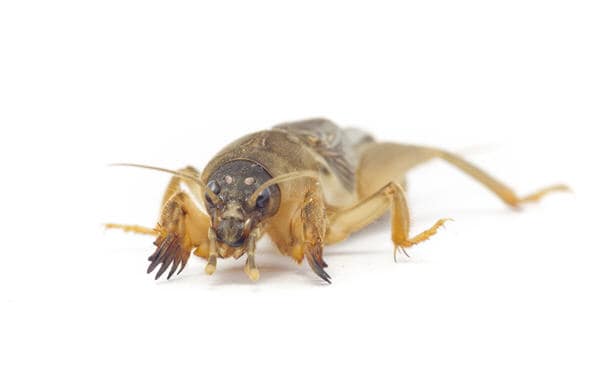
Mole Crickets are brown in color and have a very distinct shape. They are active year round. They create tunnels throughout the turf as the feed and reproduce. They cause sporadic brown areas and thinning of the turf in the infected areas.
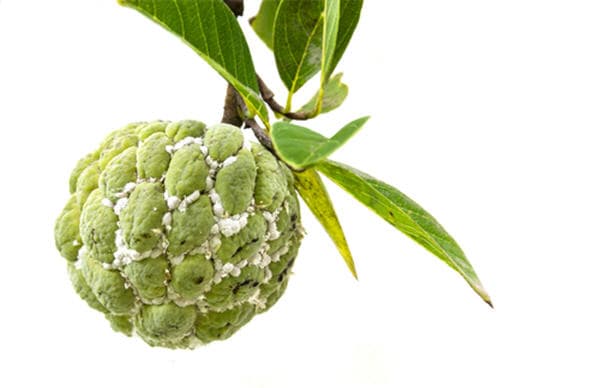
Mealy Bugs are soft bodied insects, usually white in appearance. They have piercing, sucking mouth parts that absorb nutrients from the plant that it is infesting. Mealy Bugs will infest various plants including hibiscus, gardenia, citrus and many others.
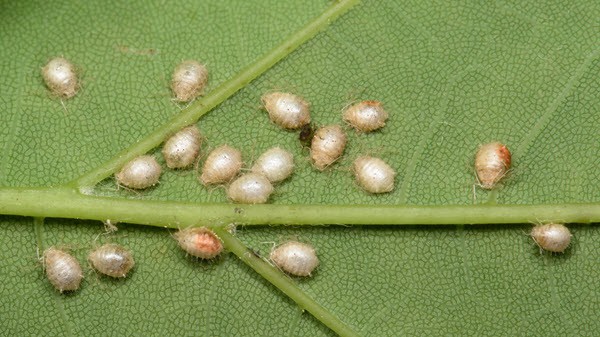
There are hundreds of different types of scale, both hard and soft bodied variations. They come in many different colors, shapes, and sizes. Scale effects hundreds of different types of plants and trees, including banyans, crotons, and hibiscus.
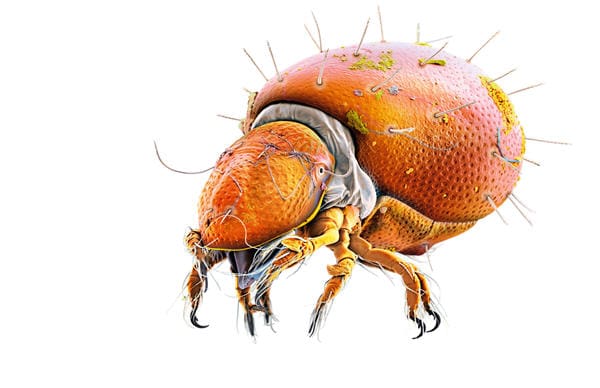
Mites are not insects; they more closely resemble spiders and ticks. Mites have piercing, sucking mouthparts to absorb nutrients from the plant, causing discoloration. Mites attack many types of plants including lilies, juniper, hibiscus, and Italian cypress among others.
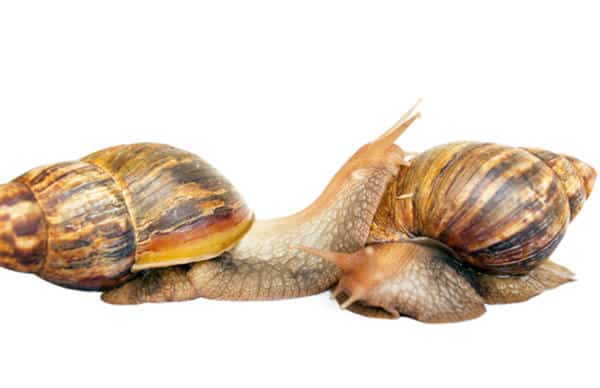
Snails are typically very easy to identify because of their shells and the damage they cause. They chew holes in the inner parts of plant leaves. Snails effect many types of plants, including hibiscus, duranta, and gardenias. They can also remove paint from walls.

